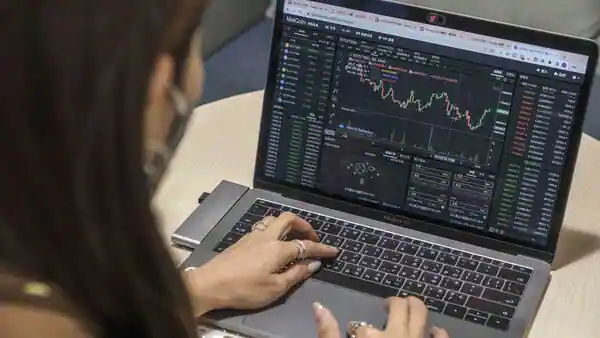Stocks opened on a cautious note in Asia on Tuesday after Federal Reserve officials stressed that more interest rate hikes were coming and as Covid protests eased in China amid a heavy police presence on city streets.
Equities declined in Australia and Japan while futures for Hong Kong rose. A gauge of US-listed Chinese shares climbed on Monday on stronger-than-expected earnings, new housing support and speculation that nationwide demonstrations may hasten a shift away from Covid Zero policies.
The S&P 500 pared its monthly gain as Fed Bank of St. Louis President James Bullard said markets may be underestimating the chances of higher rates. His New York counterpart John Williams noted policymakers have more work to do to curb inflation. Fed Vice Chair Lael Brainard said the string of supply shocks is keeping inflation risks elevated.
A gauge of the dollar fell slightly following two days of gains. The Japanese yen advanced on demand for haven assets.Treasuries were little changed. Benchmark government yields made small gains in Australia and New Zealand in early trading Tuesday.
Investor anxiety continued to grip Bitcoin, with the crypto market digesting BlockFi Inc.’s bankruptcy filling.Elsewhere, oil fell Tuesday after gaining Monday when OPEC+ was seen considering deeper output cuts amid a faltering market.
Investors will remain focused on developments in China Tuesday, and further ahead to Fed chief Jerome Powell’s speech Wednesday. Many economists expect he’ll cement bets that the Fed will slow its pace of rate increases next month — while reminding Americans that its fight against inflation will run into 2023.
It’s a decent time to start considering sharpening your pencil and think about what is a good buy right now,” Terri Spath, founder and chief investment officer of Zuma Wealth Management, said on Bloomberg Television. She said that the coming slowdown in the US economy would be mild and that if there’s a shallow recession “we can actually see some bottoms in stocks.”
Stagflation is the key risk for the global economy in 2023, according to investors who said hopes of a rally in markets are premature following this year’s brutal selloff. Almost half of the 388 respondents to the latest MLIV Pulse survey said a scenario where growth continues to slow while inflation remains elevated will dominate globally next year.
















